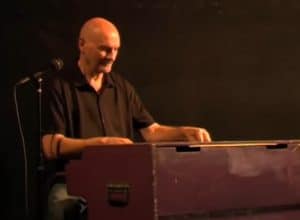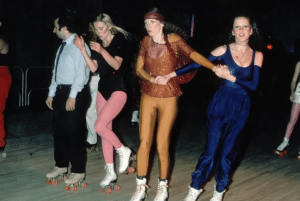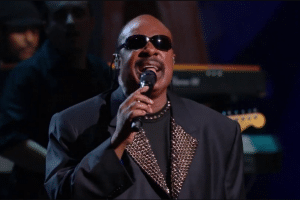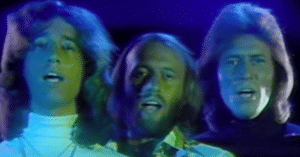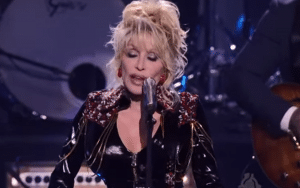8 Rock Artists Whose Solo Careers Didn’t Take Off
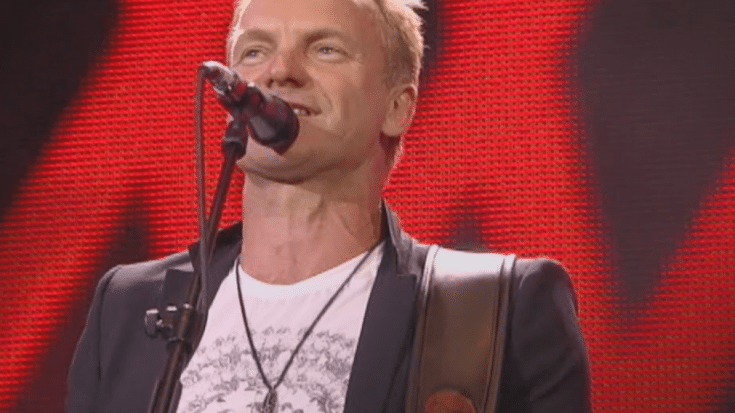
via Live 8 / YouTube
Sometimes solo careers can create music that’s even better and more successful than what the band made. Famous examples include Rod Stewart, Neil Young, John Lennon, Paul Simon, Michael Jackson, and Paul McCartney.
But there are also musicians who don’t seem right on their own. They are known for being part of a group and we can’t quite picture them by themselves. Although some musicians make it big on their own, many can’t repeat the success they had with their band. These artist might look back and wish they had worked harder to keep their band together.
Joe Perry
Joe Perry, famously known as the lead guitarist of Aerosmith, holds a prestigious position in the pantheon of rock guitarists. His audacious guitar work fueled Aerosmith’s best songs, earning the band a devoted following and a place in rock history. In 2005, Joe Perry ventured into his solo career, releasing an album that bore his name. While the release catered to fans with its characteristic guitar-driven sound, it didn’t achieve the commercial success many anticipated. Unlike his Aerosmith endeavors, Perry’s solo project did not resonate widely with audiences, and subsequent albums followed a similar path. However, Perry’s passion for music led him to form the supergroup Hollywood Vampires with Alice Cooper and Johnny Depp in 2015. The group found a niche, embracing rock ‘n’ roll nostalgia and allowing Perry to explore musical avenues outside the constraints of his main band.
Tommy Lee
Tommy Lee, the flamboyant drummer of Mötley Crüe, was instrumental in the band’s sound and success during the glam metal era. Known for his energetic drumming and electrifying stage presence, Lee took a bold step with his solo career after leaving Mötley Crüe in the late ’90s. His initial solo outings merged rap-metal, a stark departure from Crüe’s glam metal stylings. Despite a promising start with his band Methods of Mayhem, Lee’s 2002 solo album “Never a Dull Moment” experienced only moderate success. The album showcased Lee’s versatility but couldn’t capture the magic of Mötley Crüe’s peak years. Lee’s musical journey remained varied and prolific, including stints on reality TV and continued solo projects. Despite this diversity, he rejoined Mötley Crüe, signaling a return to his roots.
Mick Jagger
As the iconic frontman of The Rolling Stones, Mick Jagger’s name is synonymous with rock and roll swagger and charisma. Despite the Stones’ enduring legacy, Jagger’s solo career has been met with mixed reactions. Starting in the 1980s, his solo albums were well-produced and featured skilled musicians but lacked the cohesive energy and innovative spark of The Rolling Stones’ work. Public disputes with Keith Richards over Jagger’s focus on his solo career as opposed to the band only added to the challenges his solo work faced. While Jagger’s individual projects allowed him to experiment with different styles and collaborators, they never eclipsed the commercial or artistic success of his work with the Stones.
Grace Slick
Grace Slick, the voice that helped propel Jefferson Airplane and Jefferson Starship to psychedelic fame, embarked on a solo career that never quite matched the impact of her group projects. Her solo albums offered glimpses of her powerful vocal abilities and charismatic presence but lacked the innovative and collaborative spirit that marked her time with the Airplane and Starship. Slick’s ventures into solo work are a reminder of the unique chemistry within bands that can be challenging to replicate on one’s own.
Roger Daltrey
Roger Daltrey, known for his dynamic voice and commanding presence as the lead singer of The Who, tried to establish a solo career with varying degrees of success. Despite releasing several albums throughout the years, Daltrey’s solo work did not reach the commercial or critical acclaim of The Who’s. The solo albums highlighted his vocal prowess but often lacked the compositional strength and innovative spark provided by Pete Townshend’s songwriting with The Who.
David Lee Roth
David Lee Roth’s departure from Van Halen in the mid-1980s marked the beginning of a solo career that captured some of the flamboyant energy he was known for but failed to sustain his former band’s commercial success. Roth’s solo work included well-received tracks and collaborations with elite guitarists, yet, often, his releases felt more like novelty acts than groundbreaking musical statements. His rendition of “California Girls” showcased his penchant for showmanship over substance, a theme that would recur throughout his solo efforts.
Sting
Sting, the bassist and lead singer of The Police, carved out a successful solo career that diverged musically from the band’s new wave roots. His solo work, deeply personal and often introspective, explored jazz, classical, and world music influences. While Sting achieved financial success and critical acclaim with hits like “Fields of Gold” and “Englishman in New York,” some critics and fans felt that his solo material lacked the edginess and urgency of The Police’s best work. Despite these criticisms, Sting’s solo career allowed him to express his wide-ranging musical interests and personal concerns, from environmentalism to human rights.
Roger Waters
Following his acrimonious departure from Pink Floyd, Roger Waters pursued a solo career that continued to explore the thematic and musical complexity he had brought to the band. Waters’ solo albums, such as “The Pros and Cons of Hitch Hiking” and “Amused to Death,” were conceptually ambitious, addressing political and existential themes with his characteristic lyrical density and sonic experimentation. However, without the collaboration of his Pink Floyd bandmates, particularly David Gilmour, Waters’ solo work lacked the balance and musicality that had made the band’s albums landmark achievements. Despite this, Waters has remained a significant figure in music, advocating for various causes through his work and live performances.





